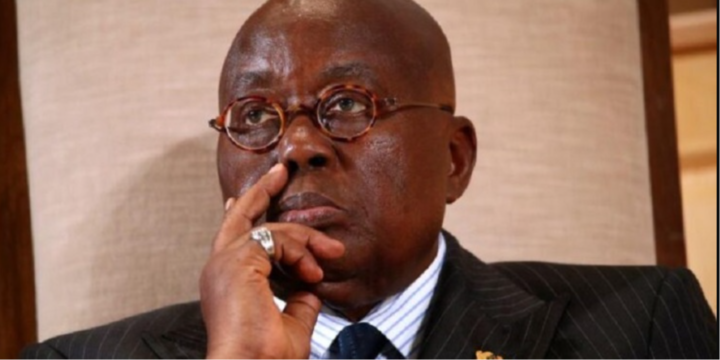Ghana, in its efforts to sustain its cocoa industry amid financial challenges, is exploring a $400 million borrowing proposition from cocoa traders. This strategic move is in response to the hurdles encountered by the Ghanaian government in securing its usual annual loan from international banks, compounded by the ongoing debt restructuring process.
In a report by Infostride News, the Ghana Cocoa Board, also known as Cocobod, acts as the principal regulatory authority overseeing the cocoa industry in the country. It has initiated talks with various traders, including industry giants like Olam Group Ltd. and Barry Callebaut AG, to secure much-needed financial backing.
The primary objective of this loan is to fund critical aspects of cocoa production, such as the acquisition of seedlings, chemicals, fertilizers, and the procurement of cocoa beans directly from the farmers. These activities are essential for the upcoming cocoa production season set for 2023-24.

Sources who spoke to Infostride News on condition of anonymity revealed that Cocobod has successfully obtained nearly half of the targeted loan amount from the participating trading companies. The terms of the loan stipulate an interest rate of approximately 5%, a rate aimed at providing reasonable financial support to the cocoa industry.
Traditionally, Cocobod secures loans from investors at more favorable rates compared to the government. Typically, negotiations with investors occur between June and July, culminating in the finalization of the loan agreement in September, just before the commencement of the new cocoa harvest season in October.
However, this year has presented unique challenges for Cocobod. Ghana was compelled to restructure its debts, a prerequisite for accessing the $3 billion loan from the International Monetary Fund (IMF). The restructuring also extended to Cocobod’s own 7.7 billion GHC debts, which, unfortunately, rendered it less appealing to investors.
The disruption in the cocoa value chain in Ghana can be primarily attributed to the insufficiency of funding. In the past, Cocobod played a pivotal role in financing the local buying companies (LBCs) to purchase cocoa beans from farmers on its behalf. However, due to funding constraints, Cocobod has resorted to collaborating with foreign buyers who directly acquire cocoa from the farmers using their own financial resources, with the understanding that the board will reimburse them. This new arrangement has had adverse consequences, leading to the shutdown of numerous LBCs.
Despite the formidable challenges faced by the cocoa industry in Ghana, the nation remains optimistic about its cocoa production prospects. Projections indicate an expected production of 830,000 tons of cocoa in the upcoming cocoa season, a significant increase from the previous season’s production of 683,000 tons, which was a decades-low figure. However, it is essential to note that the global cocoa industry continues to grapple with concerns related to tight supply.
In summary, Ghana’s initiative to secure a $400 million loan from cocoa traders is a strategic move to overcome the challenges posed by its inability to secure traditional loans from international banks. By partnering with cocoa traders, including industry giants such as Olam Group Ltd. and Barry Callebaut AG, Ghana’s Cocoa Board aims to provide essential financial support for key activities in the upcoming cocoa production season. Despite challenges and disruptions in the cocoa value chain, Ghana remains hopeful about its cocoa production prospects, which are expected to rebound in the upcoming season.
Support InfoStride News' Credible Journalism: Only credible journalism can guarantee a fair, accountable and transparent society, including democracy and government. It involves a lot of efforts and money. We need your support. Click here to Donate
